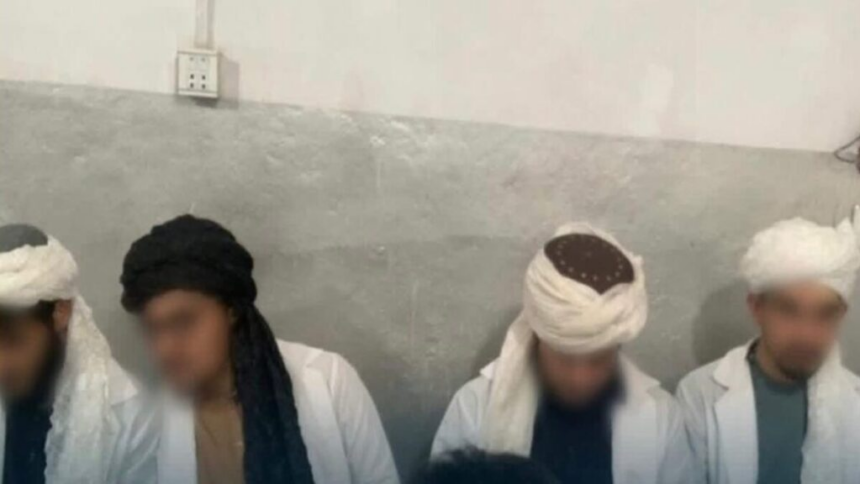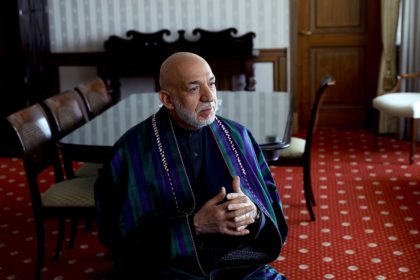RASC News Agency: Local sources in Khost province say the Taliban’s Ministry for the Promotion of Virtue and Prevention of Vice has made wearing a turban (known locally as lungi) mandatory for all medical students in the province’s universities.
According to university officials and students, the Taliban issued a written directive warning that students without turbans would be barred from entering campus grounds. Members of the Taliban’s morality police have reportedly been patrolling the Khost University of Medical Sciences, enforcing the rule by closing classrooms where students appeared without the required attire.
Students say they were told that every medical student must wear a white traditional outfit and a white or black turban, reflecting the appearance of “mujahideen and moral enforcers.” The directive also warns that students who fail to comply will have their names forwarded to the Taliban’s General Directorate of Intelligence (GDI).
“They told us if we don’t wear turbans, our classes will be closed, and we’ll be reported to intelligence,”
said one medical student, speaking anonymously for fear of reprisal.
Witnesses confirm that Taliban agents from the morality department have visited the university several days in a row, entering lecture halls, questioning students, and closing off entire classes. Faculty members and students have privately expressed frustration and concern, but few dare to speak publicly due to the risk of arrest or expulsion.
“No one can object. Even professors avoid speaking about it,”
said a faculty member in Khost.
“Education has become an instrument of Taliban propaganda.”
This is not the first instance of Taliban interference in Khost’s higher education institutions. Just last week, a group of students at Sheikh Zayed University were compelled to spend several hours in a mosque listening to a sermon by a Taliban official on the “sinfulness” of shaving beards and the “illegitimacy of political activism.”
The Taliban have long attempted to present their dress codes and moral restrictions as expressions of Islamic virtue. However, analysts say these mandates reflect a systematic campaign to militarize education and enforce ideological conformity under the guise of religion.
Educational experts argue that the compulsory use of religious symbols in universities once centers of open inquiry signifies the Taliban’s effort to replace academic independence with cultural obedience.
“This is not about faith it’s about submission,”
said an Afghanistan educational analyst based in exile.
“The Taliban want to transform universities into extensions of their moral police. Turbans are not symbols of scholarship, but of control.”
Despite repeated media inquiries, Taliban officials in Khost have not issued any formal statement regarding the new policy. The group’s national spokespersons also declined to comment when approached by RASC correspondents.
Observers warn that these policies part of a broader campaign of religious coercion and ideological purification are gradually eroding what remains of Afghanistan’s higher education system. Universities that once fostered critical thought and scientific inquiry are now being recast as centers of indoctrination, where students must first demonstrate loyalty to the Taliban’s image before pursuing knowledge.






